TRENDS IN ILLEGAL HAZARDOUS WASTE MANAGEMENT IN GREECE INCLUDE:
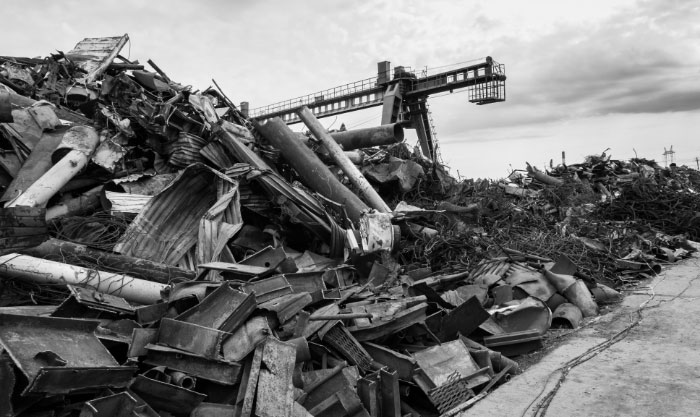
Pollution or degradation of the environment by companies engaged in the trade, collection, storage and processing of scrap metal
Hazardous waste (for example paints, gas filters, toners, inks, batteries, other chemicals, etc.) or non-hazardous waste disposal in illegal landfills
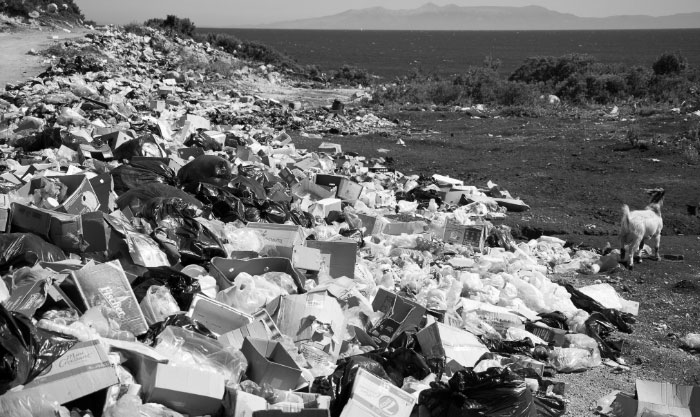
Hazardous waste (for example paints, gas filters, toners, inks, batteries, other chemicals, etc.) or non-hazardous waste disposal in illegal landfills
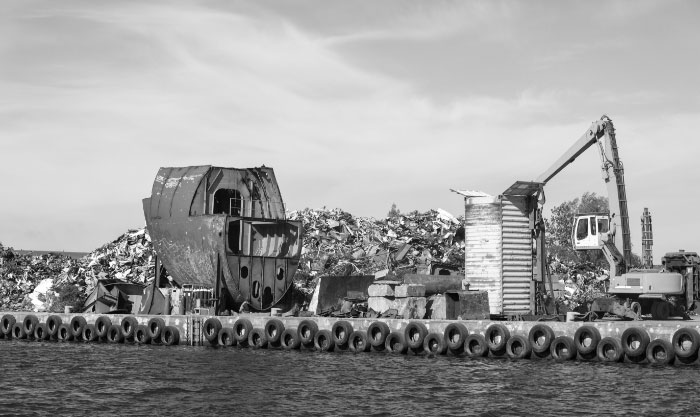
Company activity without environmental approval from competent authorities
Underground illegal waste dumps
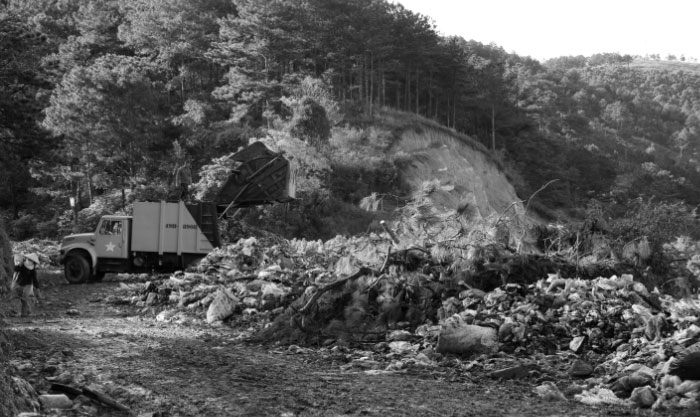
Underground illegal waste dumps
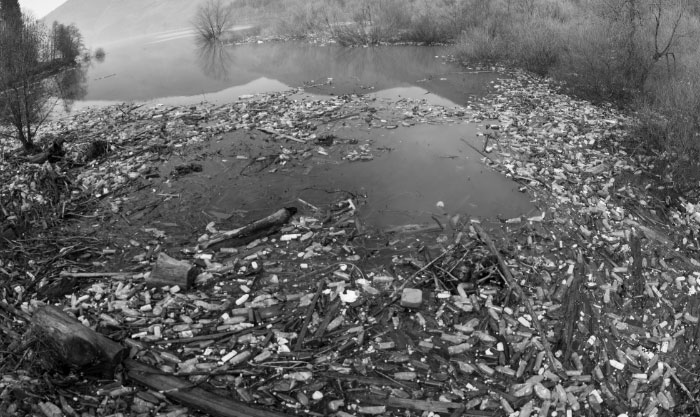
Illegal waste in surface waters, for example from leather processing industries
The GENVAL Evaluation Report for Greece, identified Environmental Waste Crime as a key challenge, since Greece is used as a transit area for illegal waste shipments.
Hence, tackling of Environmental Waste Crime is now considered a priority in Greece and the need to strengthen the compliance chain is imperative.
LAW AND PENALTIES FOR WASTE CRIME
The criminalization of Environmental Crime in Greece was institutionalized by the 1650 / 86 Framework Law on the Environment.
In 2012 this law was updated with 4042/2012 law.
